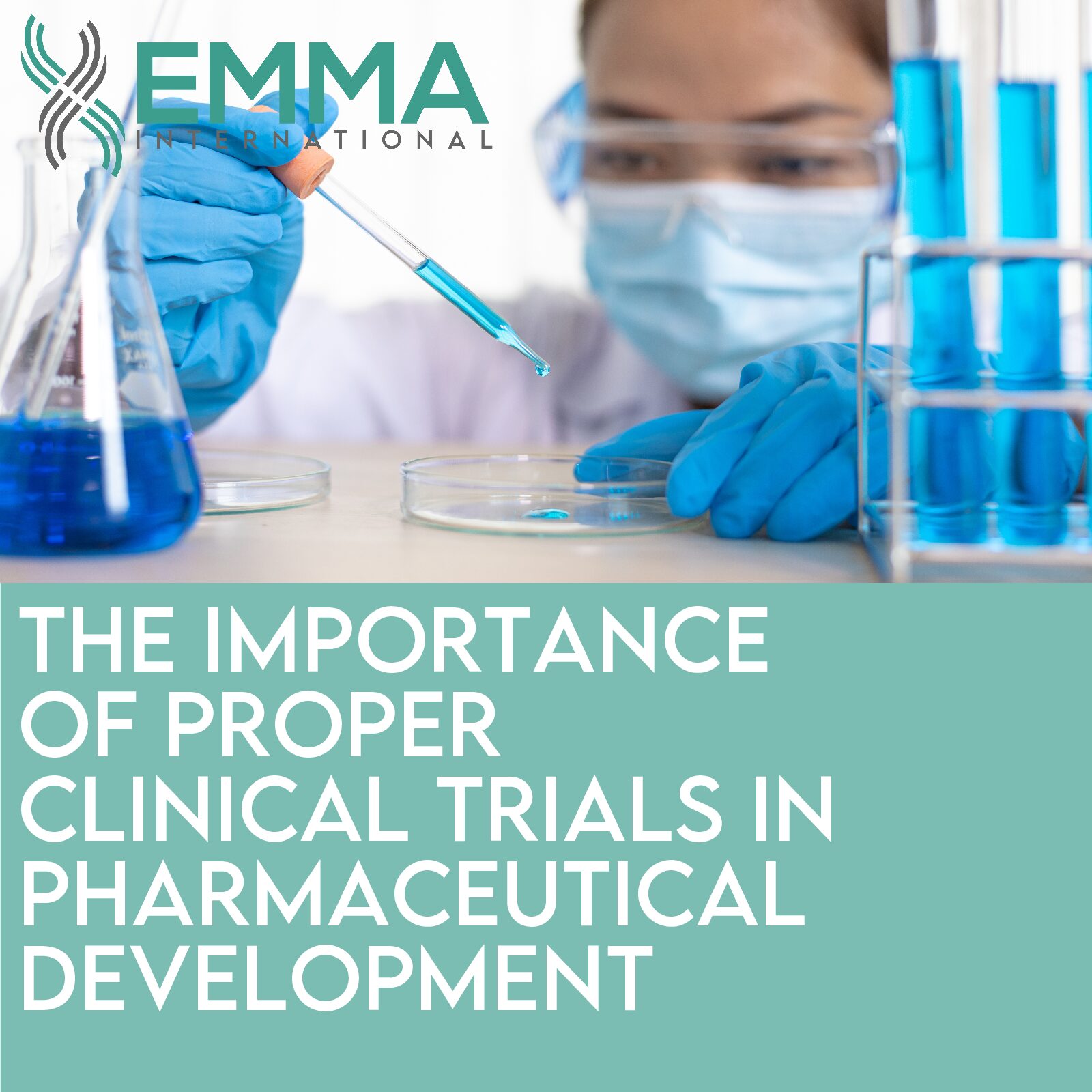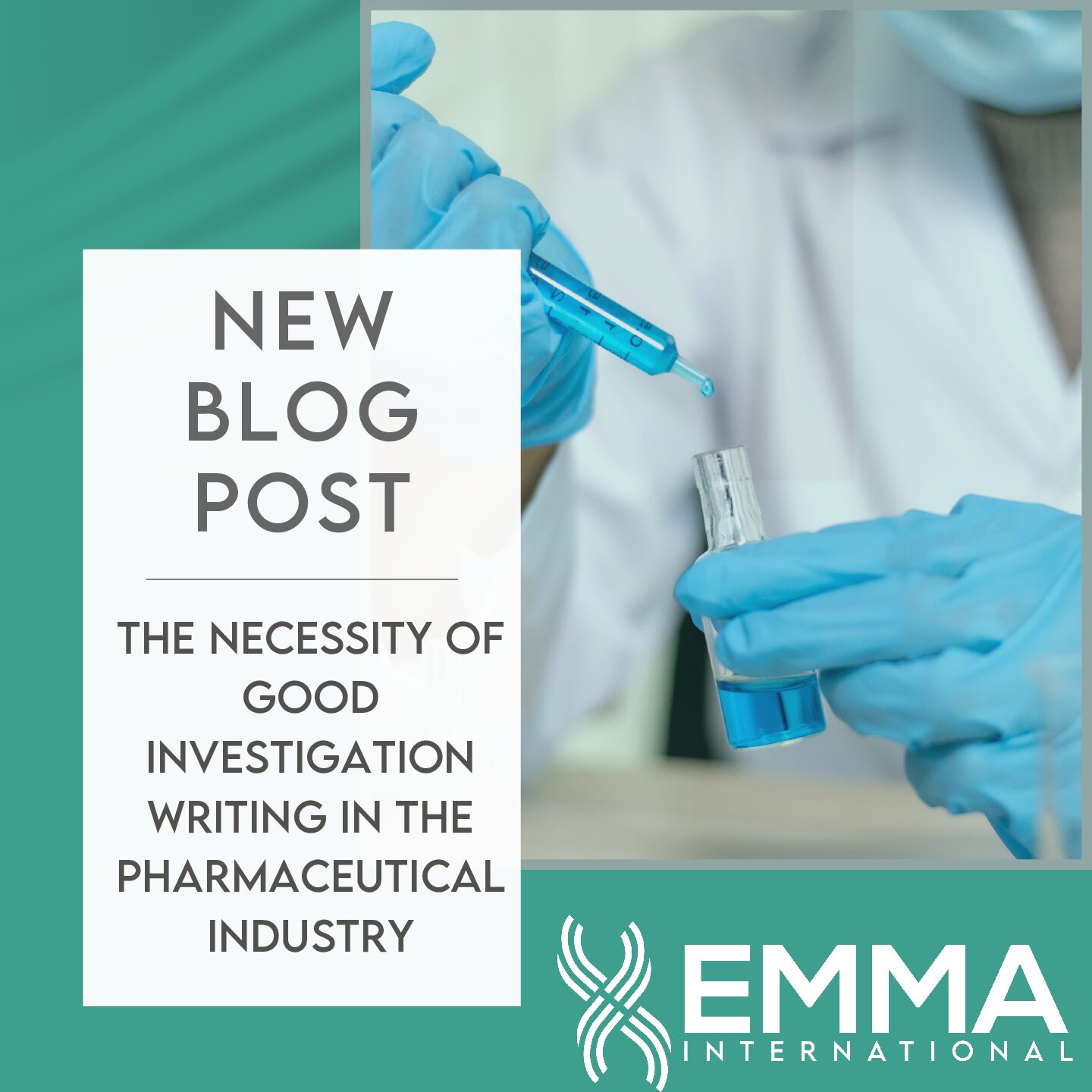Gene therapy is an approach used in the field of medicine to treat or prevent a disease by correcting the underlying genetic problem.[1] As an alternative to using drugs or undergoing surgery, gene therapy allows medical practitioners to alter a person’s genetic makeup.[2] Over the years, the methodology has advanced and modified from allowing gene transfer or addition to newer techniques such as CRISPR (Clustered Regularly Interspaced Short Palindromic Repeats), which is a manner of editing the gene. Gene editing has revolutionized biomedical research by enabling gene editing, cutting the DNA and allowing the repair process to naturally take over.[3] Thus, the technology allows manipulation and modification of the expression of a gene or alteration of a living cells biological properties for therapeutic use.[4] This mechanism can be studied to treat cancer, forms of genetic diseases and infectious diseases.[5] At present, there are different kinds of products, such as plasmid DNA, viral vectors, bacterial vectors, human gene editing technology, etc.[6]
In the USA, gene therapy products are regulated as biological products by the FDA’s Center for Biologics Evaluation and Research (CBER). CBER regulates these products for human use as per the applicable federal laws, including the Public Health Services Act (PHSA) and the Federal Food, Drug and Cosmetic Act (FD&C Act).[7] This would include ‘cellular immunotherapies, cancer vaccines, and other types of both autologous and allogeneic cells for certain therapeutic indications, including hematopoetic stem cells and adult and embryonic stem cells.’[8]
Research and development in this area has taken a giant leap, with number of products advancing at an exponential rate. For the purpose of product development, the technology could be composed of a single or multiple gene editing components.[9] Prior to initiating clinical studies for CBER’s approval, the application process requires submission of an investigational new drug application (IND). The purpose of this IND application in order to assess the safety and quality of the investigational product, as required in Title 21 of the Code of Federal Regulations 312.23 (21 CFR 312.23). This includes information on product design, product manufacturing, product testing, preclinical safety assessment, and clinical trial design. For the purpose of marketing, the product is required to submit and get approvals of a biologics license application (BLA).[10]
In August 2022, the FDA approved the first cell-based gene therapy for the treatment of adult and pediatric patients with beta-thalassemia who require regular red blood cell transfusions.[11] Beta thalassemia is an inherited blood disorder where the affected individual’s body produces lesser hemoglobin than normal which can cause a number of health problems including dizziness, weakness, fatigue and more serious complications.[12] The safety and efficacy of this product was established by two multicenter clinical studies that included adult and pediatric patients with beta-thalassemia requiring regular transfusions.[13] One of the other instances when FDA approved such a product was to treat a rare genetic disease namely, spinal muscular atrophy (SMA), which is a leading genetic cause of infant mortality.[14] Are you an industry working in the research and development of genetic therapy and modification? Are you wondering if you come under FDA’s CBER regulation or struggling with the application process for your product? EMMA International’s team of experts can help! Give us a call at 248-987-4497 or email info@emmainternational.com to learn more.
[1] Medline Plus, What is Gene therapy?. Available at- https://medlineplus.gov/genetics/understanding/therapy/genetherapy/
[2] Id.
[3] CRISPR Therapeutics, CRISPR/Cas9 – a specific, efficient and versatile gene-editing technology we can harness to modify, delete or correct precise regions of our DNA. Available at- http://crisprtx.com/gene-editing/crispr-cas9
[4] U.S. Food and Drug Administration (July 2018). What is Gene Therapy?. Available at- https://www.fda.gov/vaccines-blood-biologics/cellular-gene-therapy-products/what-gene-therapy#footnote1
[5] Id.
[6] Id.
[7] U.S. Food and Drug Administration (June 2022). Center for Biologics Evaluation and Research. Available at- https://www.fda.gov/about-fda/fda-organization/center-biologics-evaluation-and-research-cber.
[8] U.S. Food and Drug Administration (June 2022). Cellular and Gene Therapy Products. Available at- https://www.fda.gov/vaccines-blood-biologics/cellular-gene-therapy-products
[9] U.S. Department of Health and Human Services, Food and Drug Administration, Center for Biologics Evaluation and Research (March 2022). Human Gene Therapy Products Incorporating Human Genome Editing (Draft Guidance for Industry). Available at- https://www.fda.gov/regulatory-information/search-fda-guidance-documents/human-gene-therapy-products-incorporating-human-genome-editing.
[10] Supra at n1.
[11] U.S. Food and Drug Administration (August 2022). FDA Approves First Cell-Based Gene Therapy to Treat Adult and Pediatric Patients with Beta-thalassemia Who Require Regular Blood Transfusions. Available at: https://www.fda.gov/news-events/press-announcements/fda-approves-first-cell-based-gene-therapy-treat-adult-and-pediatric-patients-beta-thalassemia-who.
[12] John Hopkins Medicine, Beta Thalassemia?. Available at- https://www.hopkinsmedicine.org/health/conditions-and-diseases/beta-thalassemia.
[13] Supra at n12.
[14] U.S. Food and Drug Administration (May 2019). FDA approves innovative gene therapy to treat pediatric patients with spinal muscular atrophy, a rare disease and leading genetic cause of infant mortality. Available at- https://www.fda.gov/news-events/press-announcements/fda-approves-innovative-gene-therapy-treat-pediatric-patients-spinal-muscular-atrophy-rare-disease.





